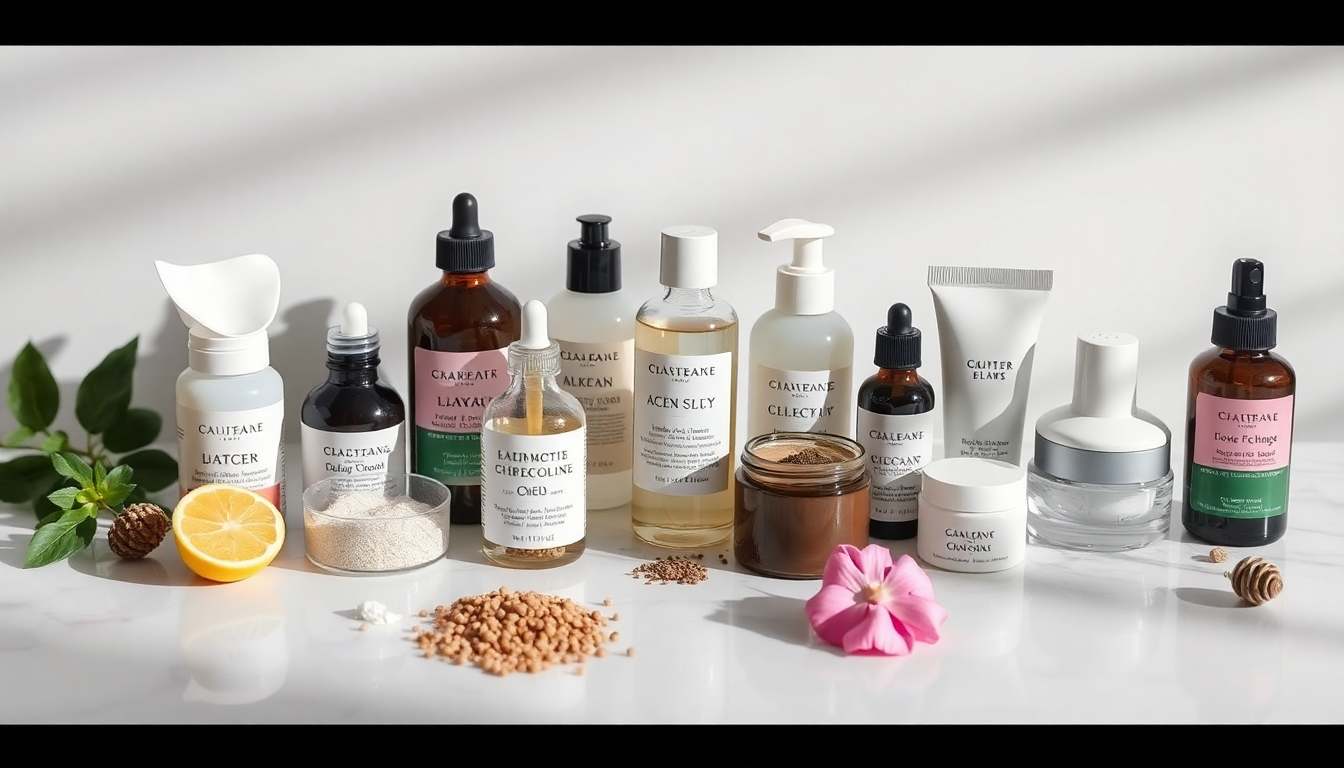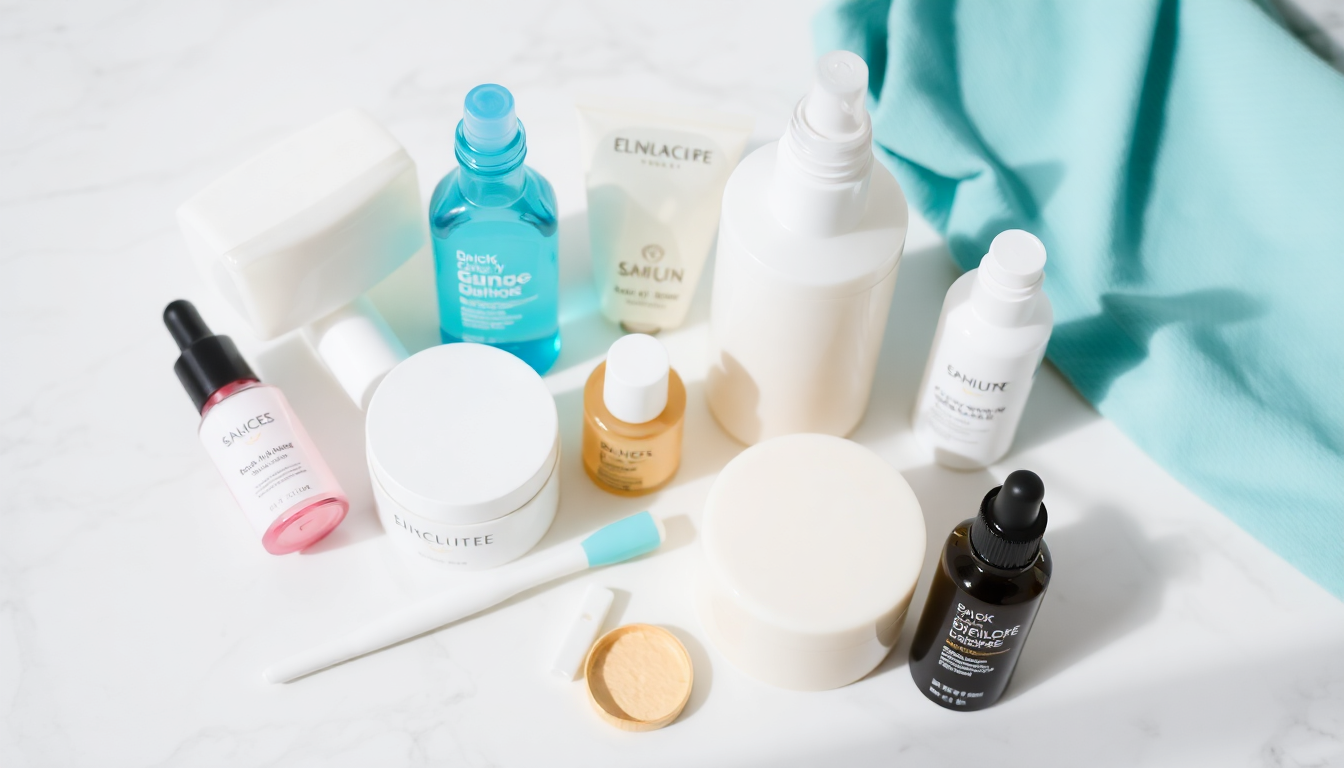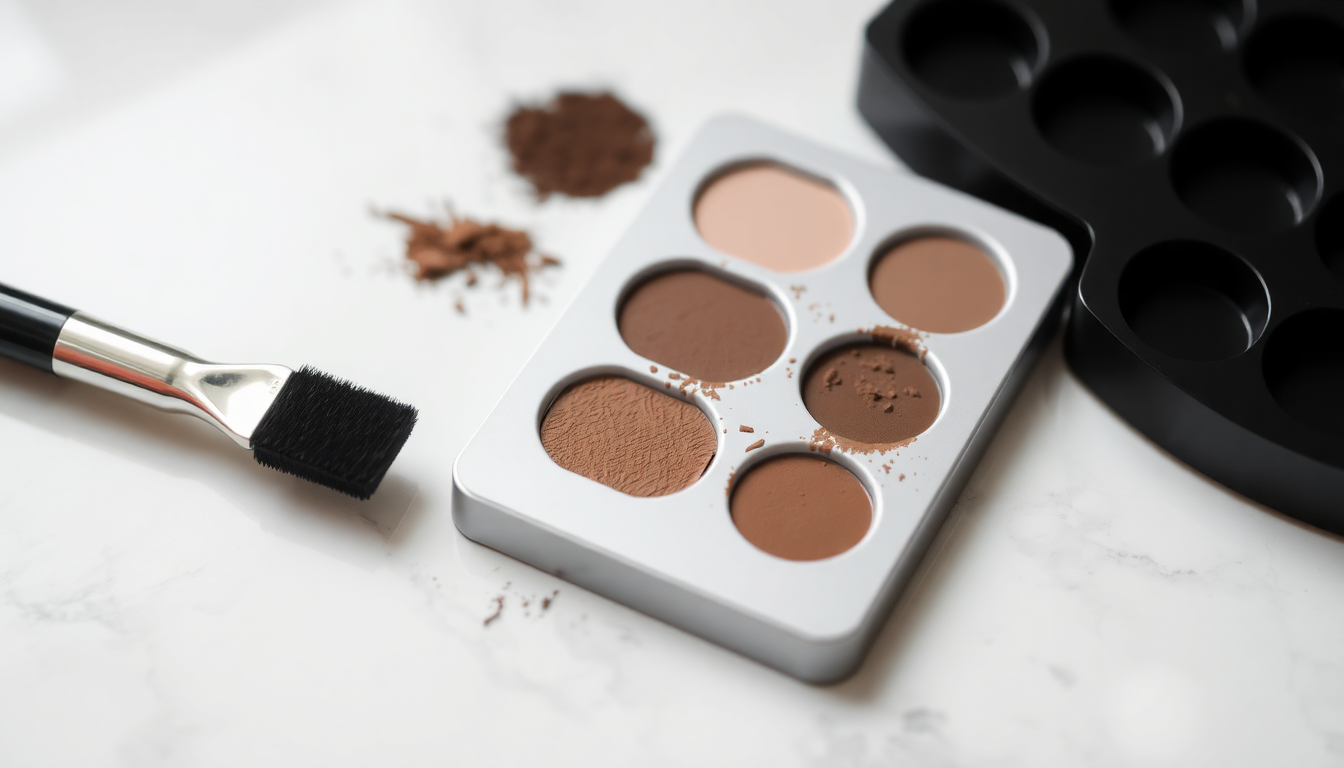Introduction
The skincare landscape in 2025 is more dynamic and advanced than ever before. With breakthroughs in dermatological science, the rise of personalized skincare technologies, and a growing emphasis on holistic health, achieving radiant and healthy skin is now within reach for everyone. Whether you’re battling stubborn skin concerns or simply looking to maintain a youthful glow, expert insights can empower you to create an effective, sustainable skincare routine tailored to your unique needs.
This comprehensive guide dives deep into the latest expert tips and innovations, helping you unlock the secrets to glowing, resilient skin in 2025 and beyond.
1. Embrace Personalized Skincare: Your Skin Deserves Individual Attention
Gone are the days when one product fit all skin types. Today’s experts advocate for personalization, recognizing that each person’s skin is influenced by genetics, environment, lifestyle, and even the microbiome. Here’s how you can embrace personalization:
- Consultation with Professionals: Dermatologists and licensed estheticians can conduct in-depth skin analyses, helping identify specific concerns such as sensitivity, pigmentation, or acne. Their guidance ensures that your skincare regimen is scientifically sound and effective.
- Leveraging AI and Technology: Advanced AI apps now analyze your skin texture, hydration levels, and pigmentation through smartphone cameras, providing tailored product recommendations that adapt over time.
- Seasonal and Environmental Adjustments: Your skin’s needs change with the seasons and environmental factors like humidity and pollution. Adjusting your routine to incorporate more hydration in winter or antioxidant protection during high pollution days can significantly improve skin health.
- Patch Testing and Gradual Introduction: Introducing new products slowly and performing patch tests help minimize adverse reactions, especially for sensitive skin types.
2. Reinforce and Restore the Skin Barrier: The Foundation of Healthy Skin
The skin barrier serves as a protective shield guarding against moisture loss, irritants, and harmful microbes. A compromised barrier can lead to dryness, redness, breakouts, and accelerated aging. To maintain and repair your skin barrier:
- Use Gentle Cleansers: Opt for sulfate-free, fragrance-free cleansers that cleanse without stripping essential oils.
- Incorporate Barrier-Strengthening Ingredients: Look for products rich in ceramides, cholesterol, fatty acids, and niacinamide, which help rebuild and fortify the skin’s natural defenses.
- Avoid Over-Exfoliation: Limit physical and chemical exfoliation to 1-2 times per week depending on skin tolerance to prevent barrier disruption.
- Moisturize Strategically: Layer lightweight humectants like hyaluronic acid with richer occlusives such as squalane or natural oils to lock in hydration.
- Protect from External Stressors: Shield your skin from harsh weather, pollution, and UV rays, all of which can weaken the barrier.
3. Harness the Power of Antioxidants: Your Skin’s Defense System
Environmental stressors like UV radiation and pollution generate free radicals that accelerate skin aging and damage. Antioxidants neutralize these harmful molecules, making them indispensable in any skincare routine. Key antioxidants to incorporate in 2025 include:
- Vitamin C (Ascorbic Acid): Known for brightening dull skin and stimulating collagen synthesis, vitamin C also offers photoprotection when used in combination with sunscreen.
- Vitamin E (Tocopherol): A potent moisturizing antioxidant that supports skin repair and enhances the stability of vitamin C.
- Ferulic Acid: Often combined with vitamins C and E, ferulic acid amplifies their antioxidant power and helps reduce inflammation.
- Polyphenols: Extracted from green tea, grapes, and other plants, polyphenols provide anti-inflammatory benefits and promote skin regeneration.
- Resveratrol: A powerful antioxidant found in red wine and grapes, it offers anti-aging benefits and supports skin elasticity.
To maximize efficacy, apply antioxidant serums in the morning before sunscreen for enhanced protection against daily oxidative stress.
4. Next-Generation Hydration Techniques: The Science of Deep Moisture
Hydration is the cornerstone of supple, radiant skin. Advances in skincare science have introduced new ingredients and delivery systems designed to improve moisture retention and skin plumpness:
- Hyaluronic Acid Variants: Multi-weight hyaluronic acid molecules penetrate different skin layers, providing both surface and deep hydration.
- Probiotic Skincare: Formulations containing live or lysed probiotics help balance the skin's microbiome, reducing inflammation and improving barrier function.
- Peptides: Bioactive peptides stimulate collagen production and enhance moisture retention, contributing to firmer, hydrated skin.
- Occlusive Agents: Ingredients like squalane, jojoba oil, and shea butter prevent transepidermal water loss by forming a protective layer on the skin.
- Hydration Boosting Devices: Emerging technologies such as nano-mist sprayers and LED masks improve skin moisture levels through enhanced absorption and stimulation.
5. Sun Protection: The Non-Negotiable Skincare Ritual
Sun exposure remains the primary cause of premature aging, pigmentation, and skin cancers. Experts emphasize that daily sun protection is the most effective anti-aging step you can take:
- Broad-Spectrum Sunscreens: Use sunscreens that protect against both UVA and UVB rays with a minimum SPF of 30.
- Mineral vs. Chemical Sunscreens: Mineral sunscreens containing zinc oxide or titanium dioxide are preferred for sensitive skin and provide immediate protection.
- Reapplication: Sunscreen should be reapplied every two hours and immediately after swimming or sweating.
- Physical Barriers: Wear protective clothing, hats, and sunglasses to minimize sun exposure.
- Incorporate Antioxidants: Use antioxidant serums to provide an additional layer of defense against UV-induced free radicals.
6. The Role of Nutrition and Lifestyle in Skin Health
Skincare extends beyond topical products. A holistic approach combining nutrition, hydration, rest, and stress management is essential for optimal skin health:
- Balanced Diet: Eat a variety of fruits, vegetables, nuts, and fatty fish rich in omega-3 fatty acids. Nutrients like vitamins A, C, D, E, and zinc support skin repair and immune function.
- Hydration: Drink at least 8 glasses of water daily to maintain skin elasticity and flush out toxins.
- Quality Sleep: Aim for 7-9 hours of uninterrupted sleep to allow skin cells to regenerate and repair overnight.
- Stress Reduction: Chronic stress triggers hormonal imbalances that can lead to acne, eczema, and premature aging. Incorporate mindfulness techniques such as meditation, yoga, or deep breathing exercises.
- Limit Harmful Habits: Avoid smoking and excessive alcohol consumption, both of which dehydrate the skin and accelerate aging.
7. Sustainable and Clean Beauty: Caring for Your Skin and the Planet
In 2025, skincare is not just about individual results but also environmental responsibility. Experts urge consumers to adopt sustainable and clean beauty practices:
- Ingredient Transparency: Choose brands that disclose full ingredient lists and avoid harmful chemicals like parabens, sulfates, and phthalates.
- Eco-Friendly Packaging: Support companies using recyclable, biodegradable, or refillable packaging to reduce plastic waste.
- Ethical Sourcing: Look for products that use sustainably harvested ingredients and support fair-trade practices.
- Cruelty-Free Testing: Prioritize brands that do not conduct animal testing and are certified cruelty-free.
- Minimalism in Routine: Simplify your skincare regimen by choosing multi-functional products to minimize waste and energy consumption during production.
8. The Rise of Innovative Skincare Treatments
Advancements in dermatological treatments are making professional-grade skin care accessible and effective:
- Microneedling: Promotes collagen production and improves product absorption, reducing fine lines and scars.
- Laser Therapies: Target pigmentation, redness, and texture irregularities with precision and minimal downtime.
- Light Therapy: Red and blue LED light therapies help reduce inflammation, acne, and stimulate skin rejuvenation.
- Cryotherapy: Cold treatments reduce puffiness and improve circulation, contributing to a healthy glow.
- At-Home Devices: Tools like facial rollers, gua sha stones, and ultrasonic infusers complement your routine by enhancing circulation and product penetration.
9. Addressing Common Skin Concerns with Expert Advice
Understanding your skin’s specific issues and how to manage them is key to achieving healthy skin:
- Acne: Use non-comedogenic, gentle cleansers and spot treatments containing benzoyl peroxide or salicylic acid. Avoid over-washing and harsh scrubbing.
- Hyperpigmentation: Incorporate ingredients such as vitamin C, niacinamide, and gentle exfoliants like alpha hydroxy acids (AHAs) to even skin tone.
- Dryness and Sensitivity: Focus on soothing ingredients such as aloe vera, oat extract, and hyaluronic acid. Avoid fragrances and alcohol-based products.
- Aging: Retinoids remain the gold standard for reducing wrinkles and improving skin texture. Combine with antioxidants and moisturizers for best results.
Conclusion
The quest for radiant and healthy skin in 2025 is a journey that combines science, technology, and mindful living. By embracing personalized skincare, protecting and repairing your skin barrier, harnessing antioxidants, and committing to a holistic lifestyle, you set the stage for long-lasting skin vitality. Sustainability and ethical choices further ensure that your beauty regimen benefits not only you but also the planet.
Remember, skin health is a marathon, not a sprint. Consistency, patience, and informed choices will unlock your skin’s natural radiance and resilience, making 2025 your best year yet for glowing, healthy skin.




Leave a comment
All comments are moderated before being published.
This site is protected by hCaptcha and the hCaptcha Privacy Policy and Terms of Service apply.